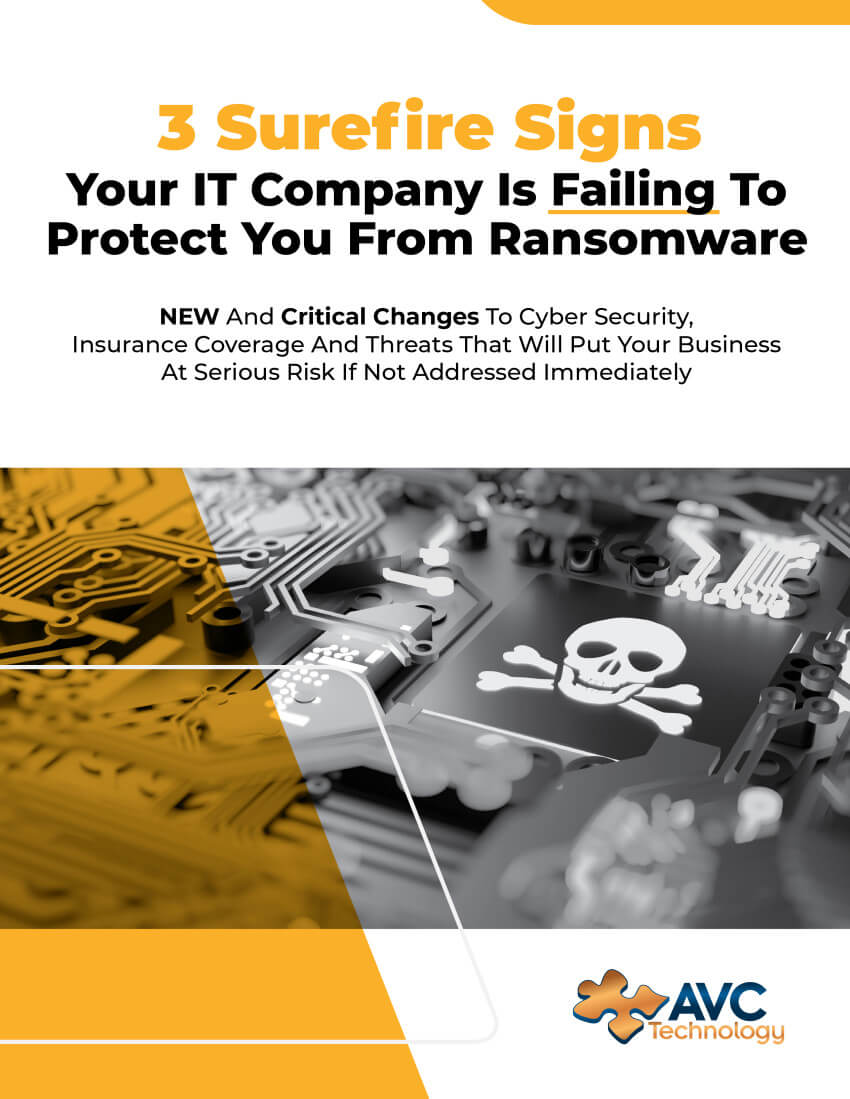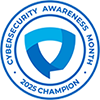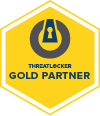The Nightmare of a Data Leak
You get an alert: your email, password, or even Social Security number has been found on the dark web. Panic sets in—and rightly so. Once your personal data is out there, clawing it back is about as easy as unfrying an egg. Despite the promises of “data removal” tools, the harsh reality is this: removing data from the dark web is virtually impossible. Why? Because the dark web is decentralized, global, and run by bad actors who have no “unsubscribe” button.
removal” tools, the harsh reality is this: removing data from the dark web is virtually impossible. Why? Because the dark web is decentralized, global, and run by bad actors who have no “unsubscribe” button.
But here’s the real kicker—by the time you even know about the breach, your info may have been copied, downloaded, sold, and stashed in multiple corners of the internet. And that’s just round one.
In this blog, we’re going to break down:
- Why data removal from the dark web is so difficult
- What you can realistically do to protect yourself
- The smart, proactive moves that can minimize the fallout
Let’s start by pulling back the curtain on what we’re really up against.
The Dark Web: A Brief Overview
The dark web is not just a hacker’s playground—it’s a full-blown black market. It operates through anonymous networks like Tor and I2P, where traffic is encrypted and IP addresses are hidden. In this hidden ecosystem, criminals buy and sell personal data, login credentials, banking details, medical records, and more—often in bulk.
And when data hits these marketplaces? It spreads. Fast.
Unlike traditional websites, the dark web doesn’t have a central authority. There’s no “admin” to call. No DMCA takedown notices to send. Once the toothpaste is out of the tube, it’s out.
Why Removing Your Data Is So Hard (Okay, Nearly Impossible)
Here’s the blunt truth: once your data appears on the dark web, you’ve lost control over it. Let’s look at the main reasons why it can’t be easily erased:
1. Replication is Instant and Relentless
The moment stolen data is published, it gets copied, downloaded, and reuploaded across dozens—sometimes hundreds—of forums, marketplaces, and criminal data dumps. Even if one site vanishes, your data likely exists elsewhere already.
2. No Regulation, No Rules
There’s no version of “customer service” on the dark web. You can't file a complaint, send a cease and desist, or contact a webmaster. These sites are illegal, anonymous, and operated by people who want your data to be out there.
3. It’s Monetized
Your info is profitable. Credit card numbers, passwords, SSNs, driver’s licenses, and even Netflix logins are part of the underground economy. Once sold, it’s not just one person using your data—it’s dozens.
4. Threat Actors Want to Stay Hidden
They actively work to avoid detection. Hosting servers move frequently, and marketplaces rebrand overnight. Even with the help of law enforcement, tracking down one instance of your data—let alone wiping it out—is like playing whack-a-mole blindfolded.
Proactive Measures: What You Can Do
If you can’t remove it, your only option is to outpace it. Think of it like this: if the breach already happened, your next best move is to limit the damage and lock every digital door behind you. Here’s how.
1. Use Identity & Credit Monitoring Services
They act like digital bodyguards, scanning the dark web and alerting you to suspicious activity—before it snowballs into identity theft. Some even include stolen wallet protection and identity theft insurance.
2. Enable Two-Factor Authentication (2FA)
This is non-negotiable. Even if a criminal has your password, 2FA adds a second barrier. Apps like Authy, Google Authenticator, and built-in systems from your bank or email provider are easy to use and highly effective.
3. Change Your Passwords. Often.
If your password was breached, assume the worst. Change it—everywhere. Use long, unique phrases. Better yet, invest in a password manager like Bitwarden, 1Password, or Dashlane to generate and store them securely.
4. Monitor the Dark Web
Use dark web scanning tools, either free (via HaveIBeenPwned.com) or paid through monitoring services. While they can’t remove data, they can warn you—so you can act before fraud occurs.
5. Freeze Your Credit
This prevents new credit accounts from being opened in your name. It’s free, easy to do through Equifax, Experian, and TransUnion, and doesn't affect your existing accounts or credit score.
6. Use a VPN
A Virtual Private Network helps hide your IP address and encrypt your data while browsing. While it won’t prevent a breach on someone else’s end, it makes you a harder target for tracking and exploitation.
What About “Dark Web Data Removal” Services?
Let’s clear something up: no one can promise to fully remove your data from the dark web. Any company that does is likely exaggerating at best—or outright lying at worst.
Some services offer “removal” by pushing takedown requests to specific forums, but those are a small sliver of a massive network. They might remove your info from a single source, but they cannot scrub it from every place it’s already landed.
Instead of hoping for a miracle erasure, focus on smart defense:
- Know what was breached
- Shut down access points
- Monitor everything that matters
Long-Term Digital Hygiene
Treat your digital life like your health—preventive care matters. Regular checkups, strong habits, and early detection can prevent irreversible damage. Here’s a routine to keep in place:
- Review your accounts every quarter for unusual activity
- Update your software and devices regularly to patch vulnerabilities
- Don’t overshare online—birthdays, pet names, and your mother’s maiden name are all security questions waiting to be guessed
- Avoid clicking unknown links or downloading suspicious files (phishing is still the #1 way data gets stolen)
The AVC Approach: Real Protection, Not False Promises
At AVC, we don’t make empty promises about wiping the dark web clean. We give you real-world tools and smart strategies to keep you ahead of the threat.
Whether it’s:
- Deploying multi-layered cybersecurity for your business
- Helping individuals lock down their personal data
- Running dark web scans and security audits
…we’re here to help you turn knowledge into power.
Final Thoughts: Control What You Can
Yes, the dark web is a beast. And no, you probably can’t get your data back once it’s been leaked. But that doesn’t mean you’re powerless.
Your job isn’t to chase down the hackers—it’s to make their job harder. Protect what you still control, monitor what you’ve lost, and build a digital perimeter that’s too much trouble for them to breach.
Want Help?
If you’re worried about what’s already out there—or what could be next—we’ve got your back. Talk to us about identity monitoring, dark web scans, or a full cybersecurity checkup.
Because in a world where you can’t erase your data, your best defense is making sure it’s the last time it’s exposed.











